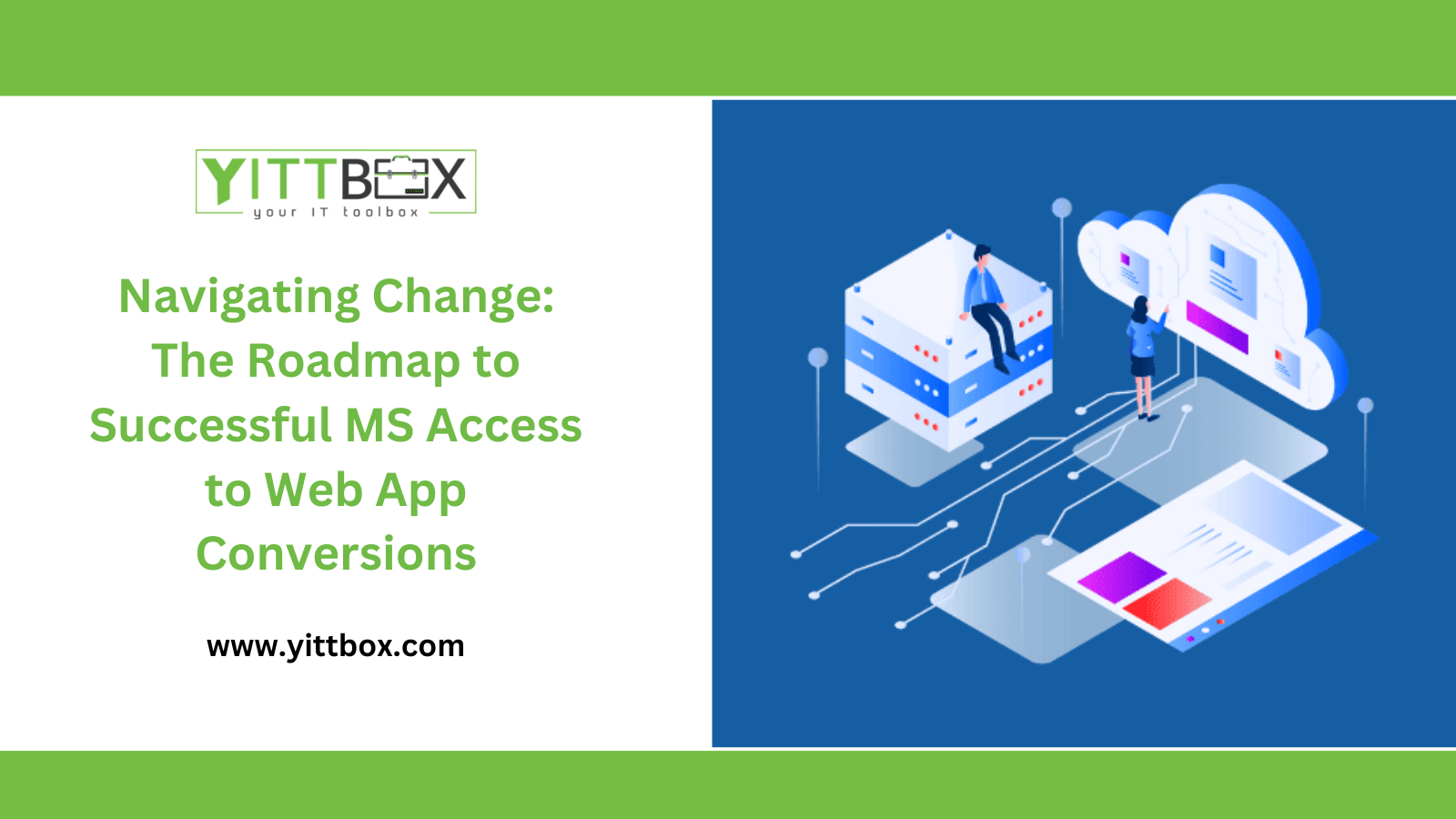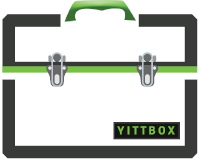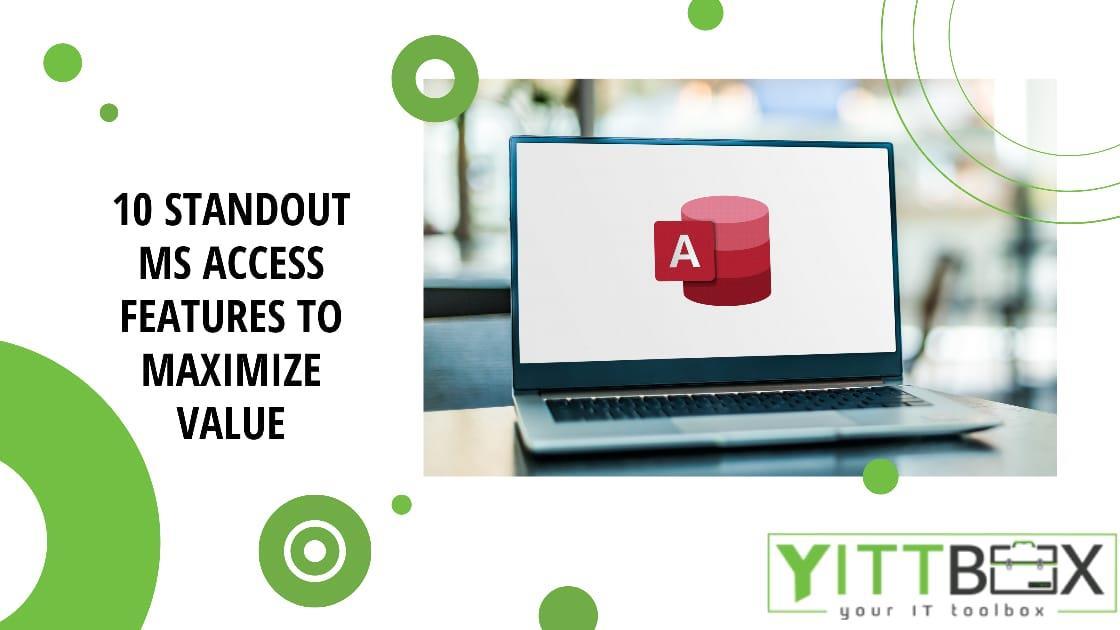Introduction:
In today's rapidly evolving business landscape, organizations are constantly seeking ways to modernize their operations and stay ahead of the competition. One significant aspect of this transformation is migrating from outdated MS Access databases to dynamic web applications. This comprehensive guide explores the roadmap for successful MS Access to web app conversions, offering insights into the process, challenges, and best practices to ensure a smooth transition.
Understanding the Need for Change:
MS Access databases, while once popular, often face limitations in scalability, accessibility, and security. As businesses grow and evolve, these constraints become more apparent, hindering efficiency and innovation. Transitioning to web applications addresses these challenges by providing a flexible, scalable, and secure platform that adapts to evolving business needs.
Key Benefits of Web App Conversions:
Migrating from MS Access to web applications offers numerous benefits. Firstly, web apps provide enhanced accessibility, allowing users to access data from any device with an internet connection. Secondly, web apps offer improved collaboration features, enabling real-time data sharing and teamwork. Additionally, web apps are highly scalable, accommodating growing data volumes and user demands.
The Roadmap to Successful Conversion:
Assessment and Planning: Begin by assessing the existing MS Access database, identifying key functionalities, and evaluating user requirements. Develop a comprehensive migration plan outlining objectives, timelines, and resource allocations.
Data Migration: Transfer data from the MS Access database to the web application using proven migration tools and techniques. Ensure data integrity and completeness throughout the process, conducting thorough testing to validate accuracy.
Application Development: Develop the web application using modern technologies and frameworks tailored to business needs. Focus on user experience, performance optimization, and security to create a robust and user-friendly solution.
Testing and Quality Assurance: Conduct extensive testing to identify and address any bugs, performance issues, or compatibility issues. Test functionality, security, and usability to ensure the web app meets quality standards.
Deployment and Training: Deploy the web application in a controlled environment, providing training and support to end-users. Address any questions or concerns and gather feedback for continuous improvement.
Challenges and Mitigation Strategies:
While transitioning from MS Access to web apps offers numerous benefits, it also presents challenges such as data migration complexities, compatibility issues, and user resistance. Mitigate these challenges by thorough planning, stakeholder engagement, and comprehensive testing at each stage of the conversion process.
Conclusion:
In conclusion, navigating the change from MS Access to web app conversions requires careful planning, execution, and continuous improvement. By following a structured roadmap, organizations can successfully modernize their data management practices, improve collaboration, and drive business growth. Embrace the opportunities presented by web applications to stay agile, competitive, and future-ready in today's digital era.
For personalized consultation and guidance on MS Access to web app conversions, contact us at [Sales@Yittbox.com].







